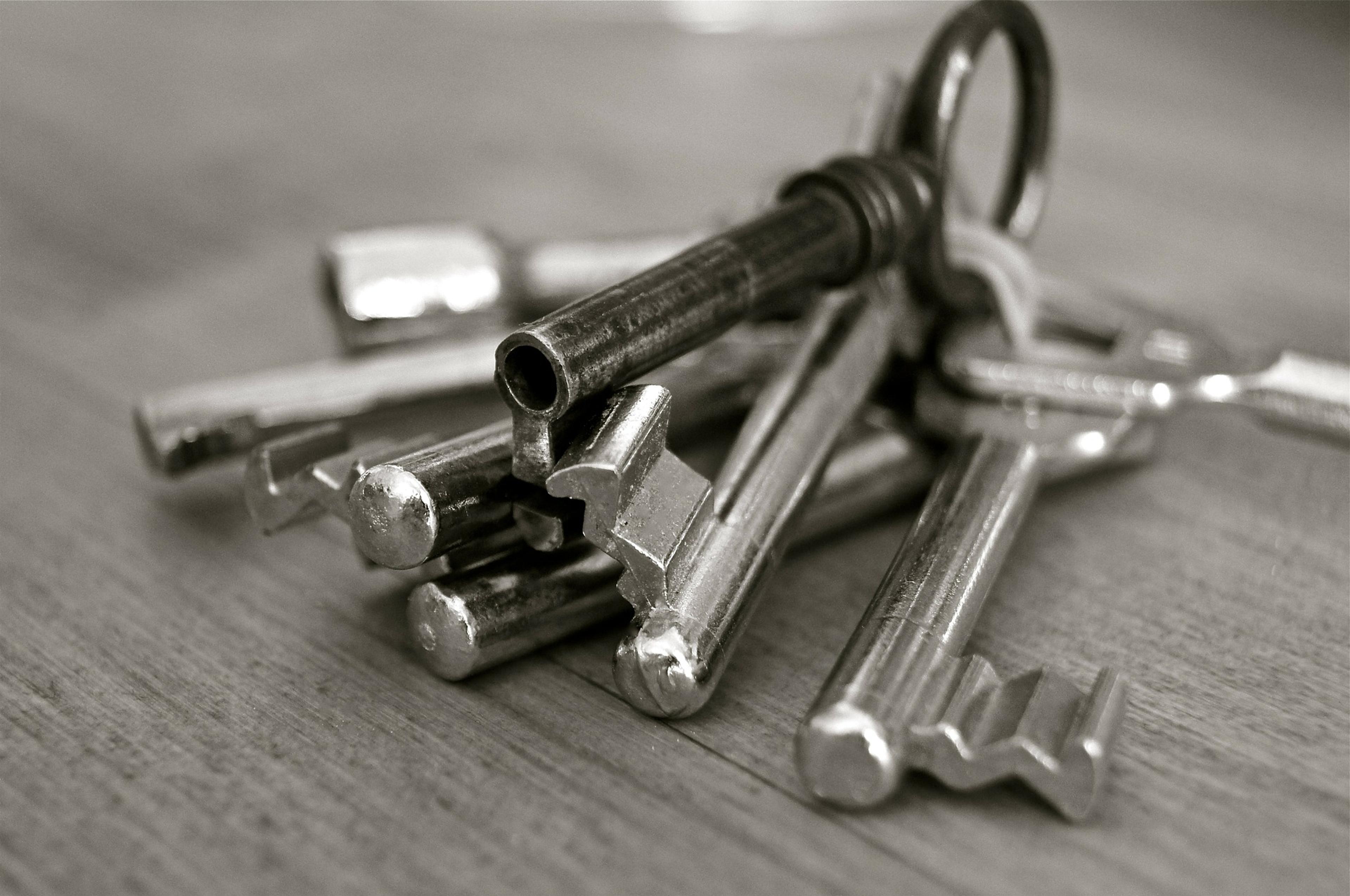
Formal aspects of the contract for the sale of real estate: the public deed
Formalisation of the sale and purchase
Redacción CIM Tax & Legal
The purchase and sale contract is defined as the agreement in which the seller undertakes to deliver a good and transfer its ownership, and the buyer agrees to pay a price and receive the good. The formalization of the purchase and sale must be carried out through a notarial public deed.
For the effective acquisition of the real estate, once we have signed the confirmatory or penalty earnest money contract according to what suits us best, we must proceed to formalize the purchase and sale through a notarial public deed.
When acquiring a property, it is in our interest to protect our property rights, and for this, we must register it in the corresponding Property Registry. Only then will our rights be protected against third parties, avoiding any deprivation or restriction of our real property rights. The requirement to register any act in a Registry is to grant a notarial public deed, so the first step after the earnest money agreement is to find a notary to sign the purchase and sale agreement.
The choice of the Notary will be the responsibility of the buyer, with the only limitation being to choose a Notary connected to any of the elements of the purchase and sale; typically, for practical reasons, a Notary from the location of the property will be chosen.
Firstly, it is important to understand the obligations and legal consequences that the contract will generate between the parties. Real estate transactions located in Catalonia are regulated by the provisions of Law 3/2017, of February 15, of the sixth book of the Civil Code of Catalonia, concerning obligations and contracts, and the modification of the first, second, third, fourth, and fifth books, which celebrated its first year of validity this January.
The purchase and sale contract is defined as the agreement in which the seller undertakes to deliver a good and transfer its ownership, and the buyer agrees to pay a price and receive the good. The very definition of the contract already highlights the main obligations that arise between the parties.
The choice of the Notary will be the responsibility of the buyer, with the only limitation being to choose a Notary connected to any of the elements of the purchase and sale; typically, a Notary from the location of the property will be chosen.
Likewise, the seller has the obligation to inform the buyer about the characteristics of the property, so at the time of signing the purchase deed, the Notary will request the seller to provide necessary documentation for the property sale. This documentation will verify the real and legal characteristics of the property being sold.
- Property simple note: the simple note is obtained from the Property Registry and includes data related to the property, including its description, the identity of the owners, and any encumbrances affecting the property. To ensure that the buyer is not disadvantaged, the seller must prove that the property is free of encumbrances.
- Certificate of habitability: this is an administrative act that certifies compliance with the minimum habitability conditions required for a dwelling. In Catalonia, the Law 18/2007, of December 28, on the right to housing, establishes that in any sale of a dwelling, it is mandatory to prove that the property meets the quality conditions required by law, and this is done through the certificate of habitability that the seller must provide on the day of signing.
- Energy efficiency certificate: this certificate provides objective information about the energy characteristics of buildings. In 2007, the obligation to issue an energy certificate was established for newly constructed buildings, and from 2013, through Royal Decree 235/2013, of April 5, which approves the basic procedure for the energy certification of buildings, the obligation was extended to existing buildings. Therefore, the energy efficiency certificate must be provided in any purchase and sale to allow the buyer to assess its conditions.
- Community of property owners certificate: the seller must prove that they are up to date with payment of community fees, and for this, the secretary, with the authorization of the president, must issue a certificate regarding the debt status of the community. This ensures that the buyer will not have to assume community expenses prior to the acquisition of the property.
With all this, the situation of the property will be verified, and the buyer can acquire the property with confidence. To ensure the proper execution of the contract, it is advisable to have appropriate legal advice from a lawyer from the beginning to the end of the transaction.